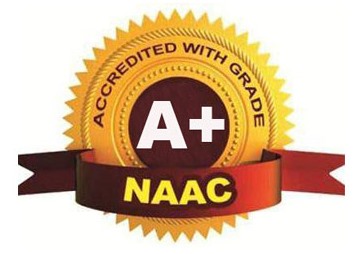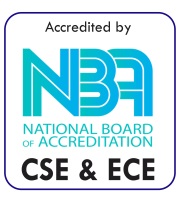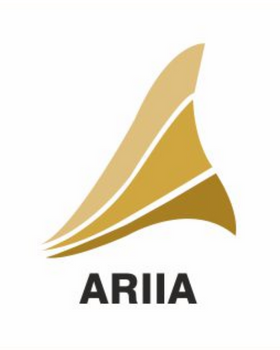Innovations in Teaching and Learning
The Department constantly strives to adopt innovative teaching and learning practices that enhance student engagement, critical thinking, and practical understanding of core concepts. Emphasis is laid on integrating technology, experiential learning, and outcome-based education to ensure holistic development.
1) Technology-Enabled Teaching
- Use of Learning Management Systems (LMS) such as Google Classroom and Microsoft Teams for content delivery and assessment.
- Incorporation of ICT tools like virtual labs, simulation tools, coding platforms, and AI-based learning applications.
- Integration of AI-powered tools such as ChatGPT, Copilot, and other Generative AI systems for enhanced conceptual clarity and personalized learning.
2) Experiential and Project-Based Learning
- Students work on real-time projects and industry-oriented case studies in collaboration with reputed companies.
- Implementation of mini-projects and capstone projects in every semester to apply theoretical knowledge to practical scenarios.
- Conduct of hackathons, ideathons, and coding marathons to nurture problem-solving and innovation.
3) Outcome-Based Education (OBE) Practices
- Clearly defined Course Outcomes (COs) and Program Outcomes (POs) aligned with AICTE and NBA standards.
- Continuous evaluation through rubrics-based assessments, quizzes, and practical demonstrations.
- Periodic review of outcomes for curriculum enhancement and quality improvement.
4) Blended and Flipped Classroom Models
- Adoption of flipped classroom methodologies, where students learn theory through digital content before class and engage in discussions and applications during sessions.
- Use of blended learning, combining traditional classroom instruction with online and experiential modules.
5) Skill Development and Industry Integration
- Regular guest lectures, technical talks, and workshops by industry experts from IBM, Microsoft, and other leading organizations.
- Incorporation of industry-certified courses (IBM SkillsBuild, Microsoft AI, AWS Academy, etc.) within the curriculum.
- Promotion of internships and industry-based training to bridge the gap between academia and industry.
6) Research-Integrated Teaching
- Encouragement of student and faculty research publications in reputed journals and conferences.
- Involvement of students in faculty-led research projects on emerging areas such as Artificial Intelligence, Machine Learning, and IoT.
- Integration of research-based assignments and innovation challenges in coursework.
7) Peer Learning and Mentoring
- Implementation of peer teaching programs, where senior students mentor juniors in core and advanced subjects.
- Continuous mentoring and counselling for academic, personal, and career guidance.
8) Assessment Innovations
- Use of AI-based evaluation tools and data analytics to assess student progress and learning patterns.
- Incorporation of viva voce, poster presentations, and project demonstrations as part of internal assessments.




